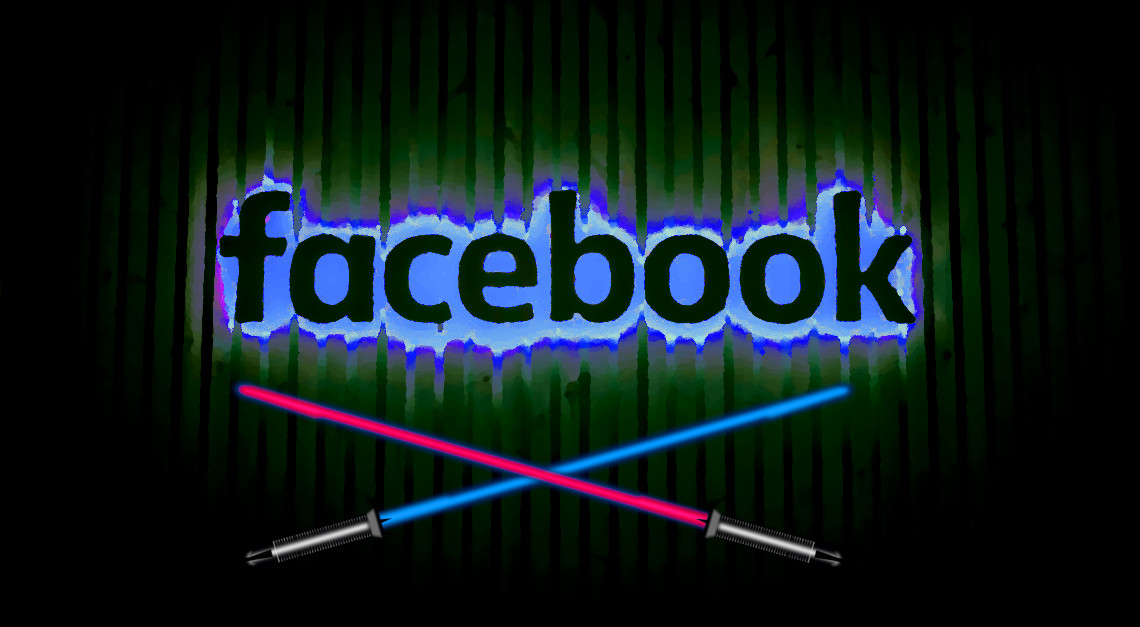Facebook acquired Beat Games
On Tuesday November 26th, Facebook announced that they have purchased Beat Games—the indie game company behind VR mega-hit Beat Saber—for an undisclosed sum. Beat Games will become a part of Oculus Studios, but still work on development independently from their location in Prague.
Today we’re announcing that Beat Games is joining us in our quest to bring VR to more people around the world. They will join Oculus Studios as an independently operated studio in Prague, continuing to create new ways for people to experience music and VR gaming. Most importantly, what the community has come to love about Beat Saber will remain intact. Beat Games will continue to ship content and updates for Beat Saber across all currently supported platforms, now with even more support from Facebook.
— Oculus Blog
— Oculus Blog
Read the full announcement on the Oculus Blog.
The Concern amongst fans
The biggest concern for most fans of Beat saber is that Facebook will break support for mods and custom songs. and I believe that’s a pretty justifiable fear. Facebook makes a big easy target for DRM lawsuits, which they might have the money to quell with settlements, but then they would be bleeding money on their latest acquisition. Also, the ability to add and map custom songs may threaten the company’s potential sales of song packs and sequels in the future.
Facebook have already said that they want to keep the mods and support the community—in ways that are legal. Most likely, they will eventually remove the ability to add custom songs, or put tight restrictions on approving and sharing.
We understand and appreciate the value that modding brings to Beat Saber when done so legally and within our policies. We’re going to do our best to preserve the value that mods bring to the Beat Saber player base. As a reminder, our most recent policy updates give more clarity to how developer mode is intended to be used, such as helping developers build their apps or for enthusiasts to explore new concepts. It is not intended for engaging in piracy or illicit modding, including mods that infringe on third-party IP rights or contain malicious code.
— Oculus Blog
Hopefully the hands-off approach of letting Beat Games continue development on their own in Prague means that losing custom songs or mod support shouldn’t happen anytime soon; If I’m not mistaken, they did just work out an implementation that makes custom songs not disappear after every software update.
An alternative method to dealing with DRM is that Beat Games could try an approach similar to the popular streaming player and home theater software, Kodi, which develops a platform for playing and streaming videos and library management, but takes no responsibility for how end-users modify and access content. It’s hard to imagine Facebook taking this kind of stance though, as they chastise the use of developer mode for ” …engaging in piracy or illicit modding,” in their announcement.
It will probably still be a good thing.
More Money, More Music
With Facebook behind them, Oculus Studios has much more potential for song packs and series expansion. They have the finances and backing potential to buy song rights and negotiate DRM licensing contracts with top artists and labels, Beat Games may not have been able to pull off alone.
Beat Games were already on track, adding updates and additional song packs, similar to, but with fewer and less popular songs than gaming giants were doing with series like Rock Bandor Guitar Hero (distributed by Activision) —Both hugely successful series from Harmonix.
With the resources and know-how that we can offer, Beat Games will be able to accelerate, adding more music and more exciting features to Beat Saber as well as bringing the game to more people
More exciting Features?
It would be really cool if Facebook’s potential weight in licensing deals could make way for bonus extras based on features that mods add, like custom avatars in the likeness of the song artists, or how about true “Star Wars” custom sabers (come on, the assets are already there from ILMxLAB’s Vader Immortal series which Oculus Studios collaborated on). Those would be some “exciting features.”
It seems like the acquisition is a good sign that Beat Games is on track to be the next mega-hit music game company. With extra support, development can increase who knows what surprises we may see to come.
Community built Clones, knockoffs, and other Rhythm Games
In the past there have been clones and opensource knockoffs of games like Guitar Hero. There have even been some that allowed you to map and add custom songs, and allowed play with keyboard as a replacement for the proprietary guitar. I had a lot of fun playing Frets On Fire back in the day. Similarly, you can find a few generic versions of Beat Saber style rhythm games.
Open Saber stopped development and made their github private just 22 hours before I tried to research them for this post. But like it says intheir closing announcement, the software was open source, forks could be out there for others who are interested in picking up development.
Moon Rider is a WebVR implementation that you can play by visiting their site using Supermedium or a browser like Firefox that supports WebVR.
Hologate‘s HoloBeat was, what seemed to be, a blatantly obvious beat saber knockoff that included multiplayer according to thisUploadVR post. The 6 second video in that post is all I was able to find of the game, but it appears that the wannabe Beat Saber got cannibalized and became Groove Guardians, where you punch blocks to rhythm instead of slicing them. Again a short video is all the material I can find on the game, which only seems to be available if you purchase their VR arcade setup.

Other Rhythm Games
I’ve made a separate post compiling a list of some of the most popular VR Rhythm Games.

Leave a Reply